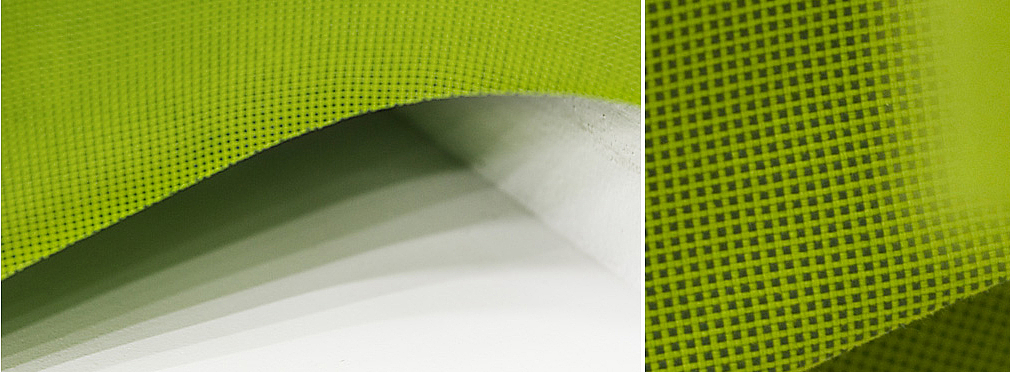Ophélie Mercier (Ghent University and Centre Marc Bloch): ‘Stranger making’: Embodied arts practices as new forms of political mobilization in exile. Case study of Egyptian artists residing in Berlin.
Öffentlicher Vortrag im Rahmen des Forschungskolloquiums Ethnologie
| Datum: | 11. Oktober 2022 |
|---|---|
| Zeit: | 16.15 Uhr bis 18.00 Uhr |
| Ort: | Universität Luzern, Raum 4.B02 |
After Abdel Fattah El Sissi came to power in 2013, the strengthening of censorship, new laws on foreign funding, as well as pressure on some cultural organizations have taken their toll on the cultural effervescence that followed the revolutionary momentum initiated in 2011. As a result, many artists are moving outside the national borders, some as a result of pressure from the state, others following opportunities provided by previously established international networks, and others joining a partner settled in Europe. For most, these different aspects are intertwined.
This presentation proposes to examine how the imaginaries and subjectivities of Egyptian artists that emerged following their participation in the Egyptian revolutionary event are transformed in the migratory context. Based on ethnographic fieldwork conducted in Berlin, this presentation analyzes the life trajectories of Egyptian artists (re)settled and/or exiled in Berlin as well as their artistic productions. This work shows that the revolutionary experience allows for a form of sensitivity and reflexivity towards the experience of exile that finds an echo in decolonial movements and queer activism.
Following Sara Ahmed who considers the process of exploring new representations of the body as the politics of 'stranger making', this proposal will show how bodies become foreign, how they become visible and different (Ahmed 2012). This theoretical framework allows us to show how Egyptian artists define themselves in this otherness/strangeness in their new context of installation and how this becomes the object of a political and artistic engagement in exile.
These forms of mobilization in exile are not specific to Egyptian artists. They find in these spaces common causes that are the transnational echoes of the revolutionary movements that took place in the SWANA region and more generally in the countries of the Global South. These encounters allow for the creation of connections and forms of politicization through which issues related to labellisation and categorization encountered in Europe are discussed.
